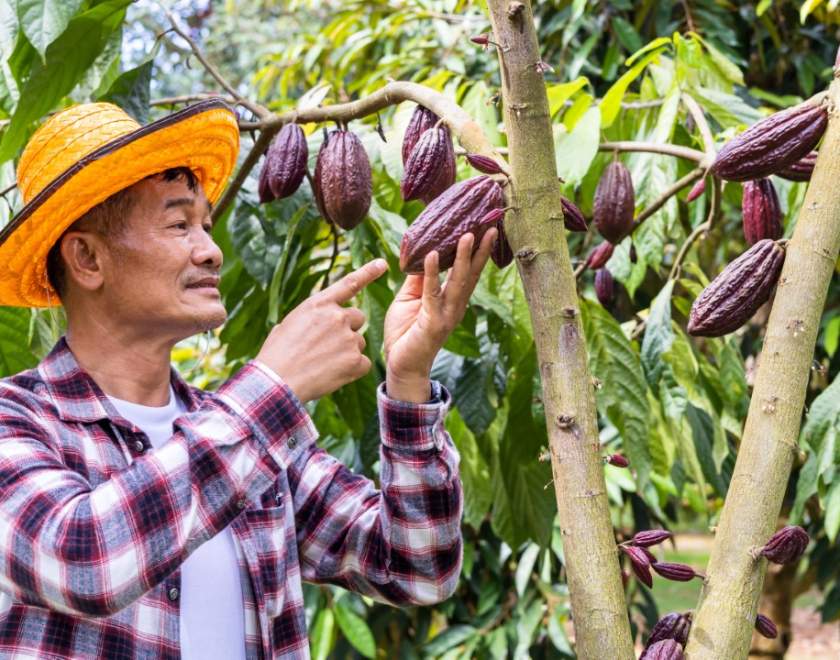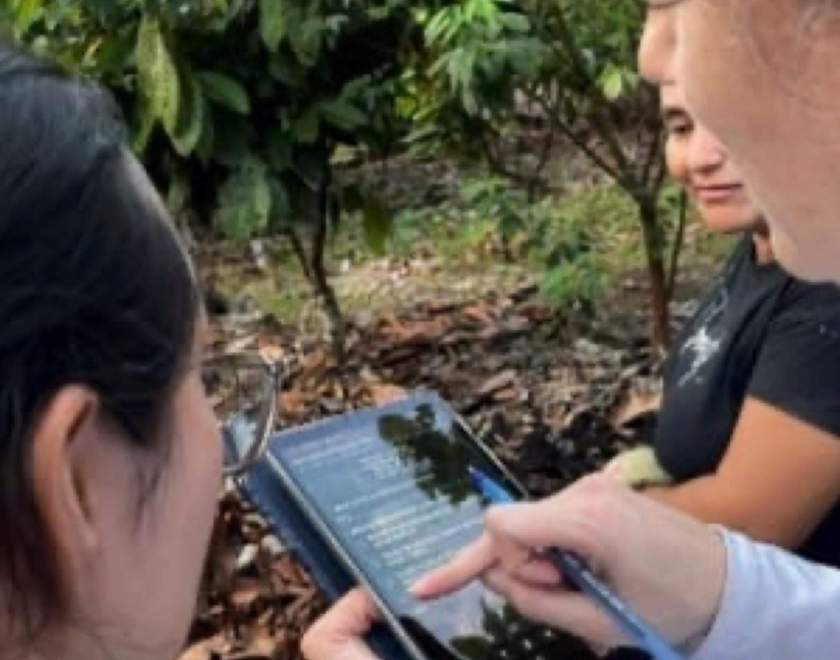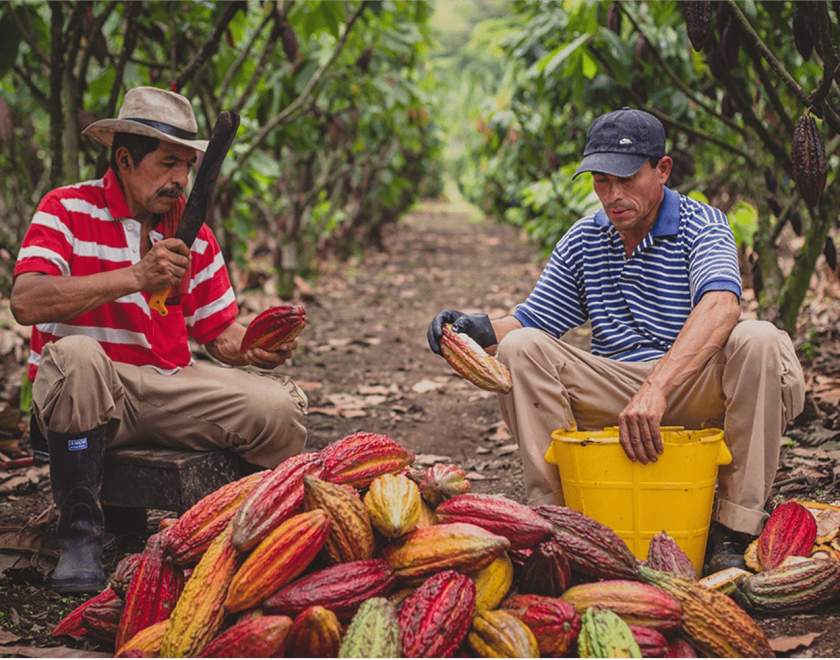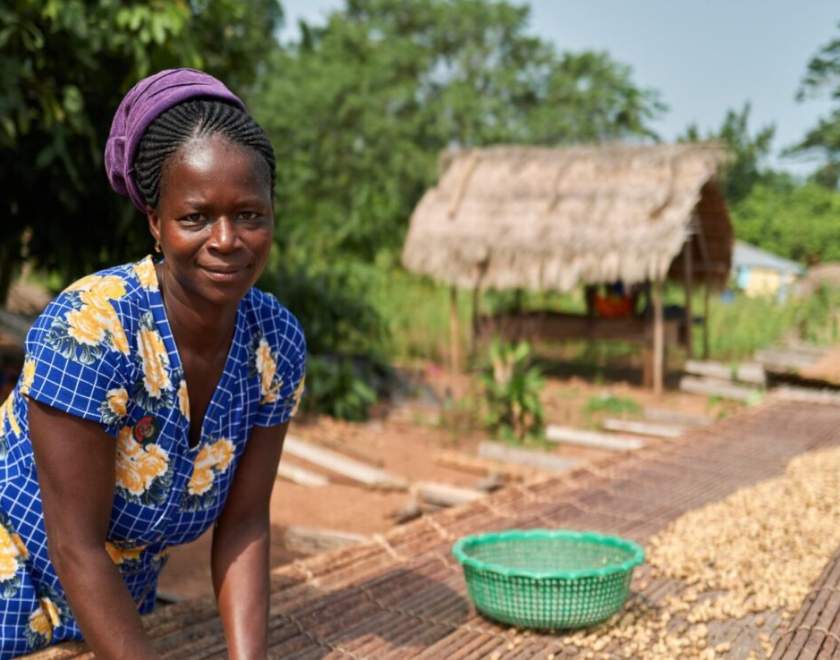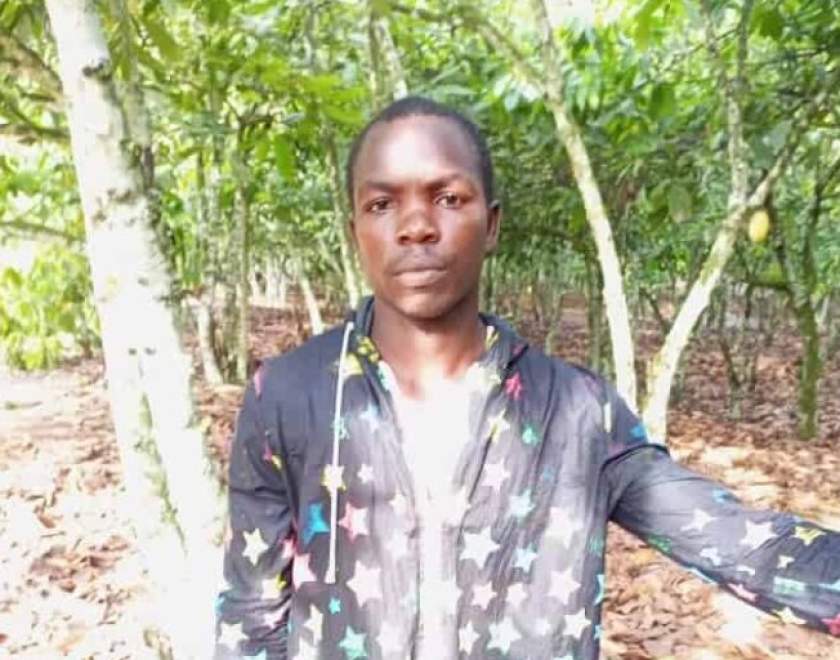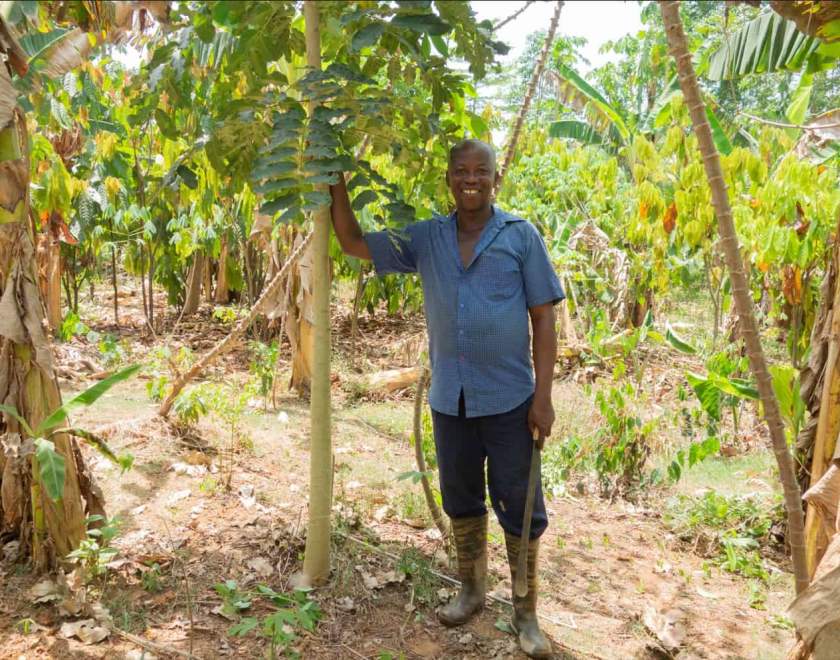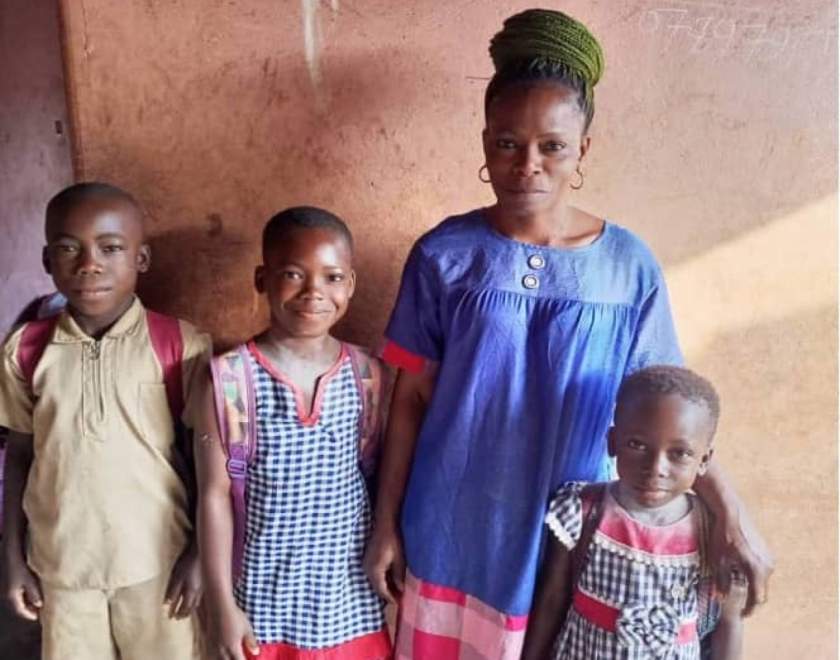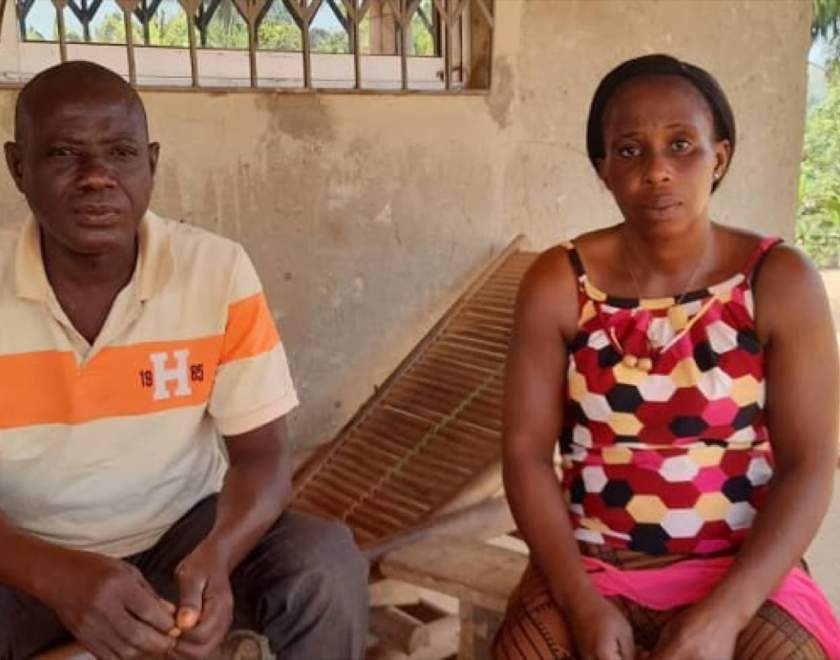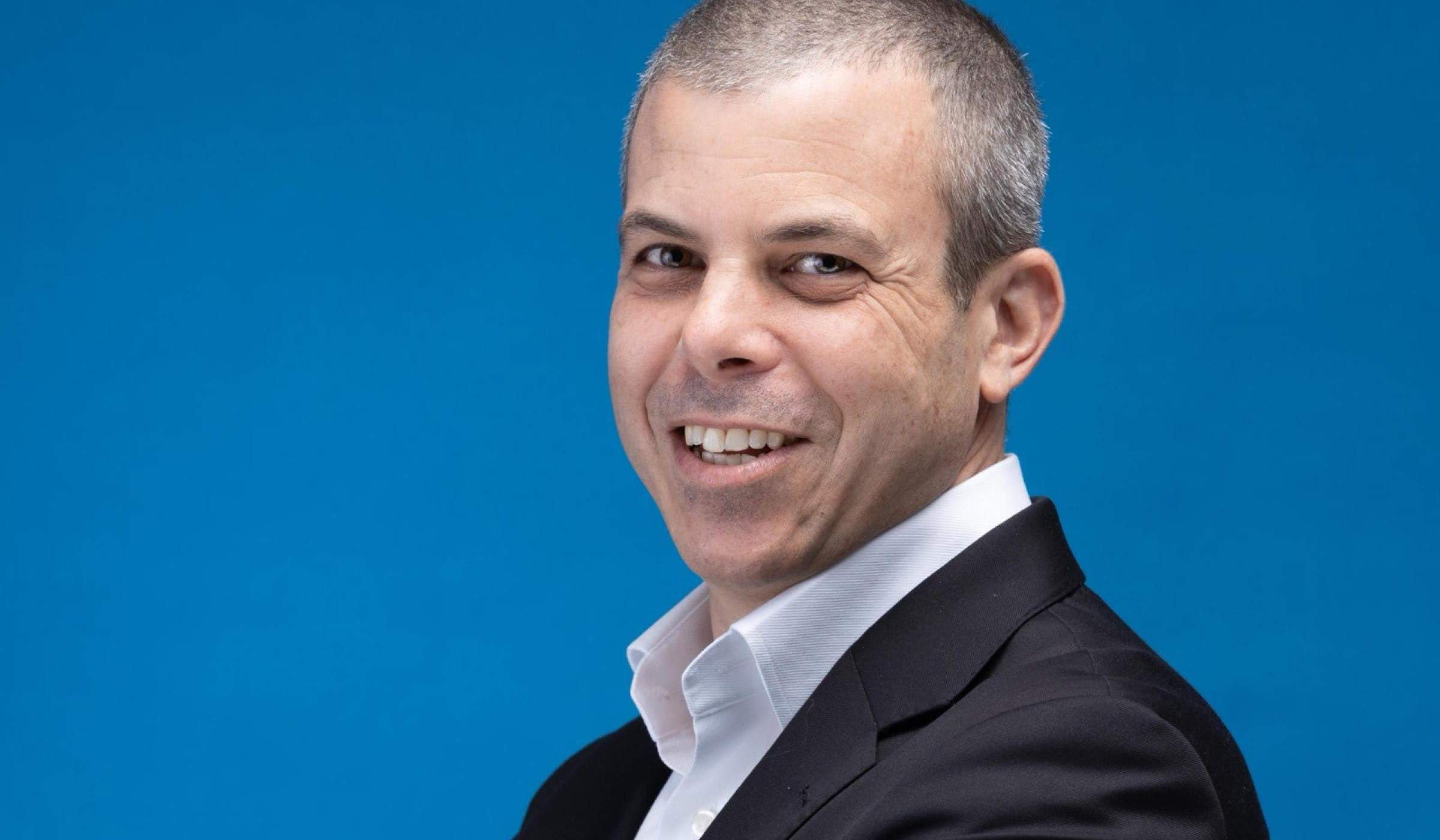
Exploring WCF's journey in sustainability through M&E strategy, led by Director Mike Matarasso.
Mike Matarasso is WCF’s Director for Monitoring and Evaluation (M&E). He is responsible for leading the organization’s M&E strategy, traceability, and greenhouse gas (GHG) accounting work - all focused on delivering greater sustainability impact.
Mike brings more than twenty years of experience to WCF having lived and worked in Africa, Asia, and Latin America on nature conservation and rural development with a focus on behaviour change and M&E, primarily with World Wildlife Fund, Conservation International, and Catholic Relief Services. Mike also started his career in Malawi as an agroforester.
Mike holds a B.A. in International Affairs with a minor in Biology from Norwich University, an M.A. focused on Conservation and Economic Development from the University of Connecticut and also completed studies in Conservation Biology with The Organization for Tropical Studies in Costa Rica.
What does the sector-wide impact measurement involve?
Monitoring and Evaluation (M&E) is critical to the delivery of WCF’s impact focused strategy. A robust M&E function first develops an evidence-based theory of change that is used to identify interventions that will achieve the greatest impact and return on investment. Based on this foundation, strategic Key performance indicators (KPI's) are selected to measure performance, studies are delivered using best practice methods to monitor and evaluate these KPI’s, and a process is established where collected data is analysed and used to iteratively drive strategy - with a constant focus on increasing impact and efficiency.
Why now? Why is it so complex to set up (in the past)?
In 2016, WCF convened members for the first time to jointly report on industry impact of, and by proxy members’ sustainability programs in Côte d’Ivoire and Ghana. Continuing in this role, WCF convened participating members to report on WCF led initiatives, most recently on the Cocoa & Forests Initiative (CFI).
For several reasons, though well-intentioned, collective measurement of impact, identification of trends, and use of data to drive strategy had not reached its potential. Some of the reasons are logistical, some are due to limitations in evidence-based theories of change, critical indicators being missing, and no collection of impact data. Data reported across members was also not comparable due to differences in data collection methods and differing sampling approaches that likely were not representative of the full farmer population.
This initial period of M&E was a crucial one, however. Companies came together for the first time in a pre-competitive environment and became comfortable sharing data and reporting collectively. This laid the groundwork and the environment for WCF to deliver with its membership, a full-fledged impact focused approach.
What are critical aspects when setting up this data system/platform?
WCF’s approach to data collection has been adjusted with several new principles. To mention a few, M&E will be cross-sectoral - considering the inter-dependencies between farmer income, child labour, and deforestation and forest restoration. In addition to sustainability programs in Cote d’Ivoire and Ghana, WCF will begin expanding coverage to Nigeria, Cameroon, Brazil, and other cocoa producing countries. It will cover the full supply chain including under-represented groups such as sharecroppers. Only a few strategic indicators will be used, and a minimal data set collected. Impact data will be collected using state-of-the-art, standard, and consistent methodologies by third parties. WCF will continue to collect data from members to track the types of interventions delivered and the scale of investment and analyses will be conducted to assess the correlation of interventions with expected outcomes and impact. In the future contribution analyses will be used to determine whether impacts might be the result of member investments. WCF will also instil a practice of data use with a focus on delivering greater program impact. All the above will drive greater accountability and transparency.
What lies in store for M&E by WCF in 2024?
Some progress has been made recently – impact KPIs have been defined, many indicators have been eliminated, others re-focused, definitions strengthened, some impact data for deforestation was collected and analysed for the first time, and a standard sector-wide methodology to evaluate household income impact has just been developed in partnership with GIZ, SWISSCO, Wageningen, and KIT with baseline studies planned in Ghana and Cote d”Ivoire. In 2024, WCF will continue to refine and update the M&E system to fully realize the intended objectives.
